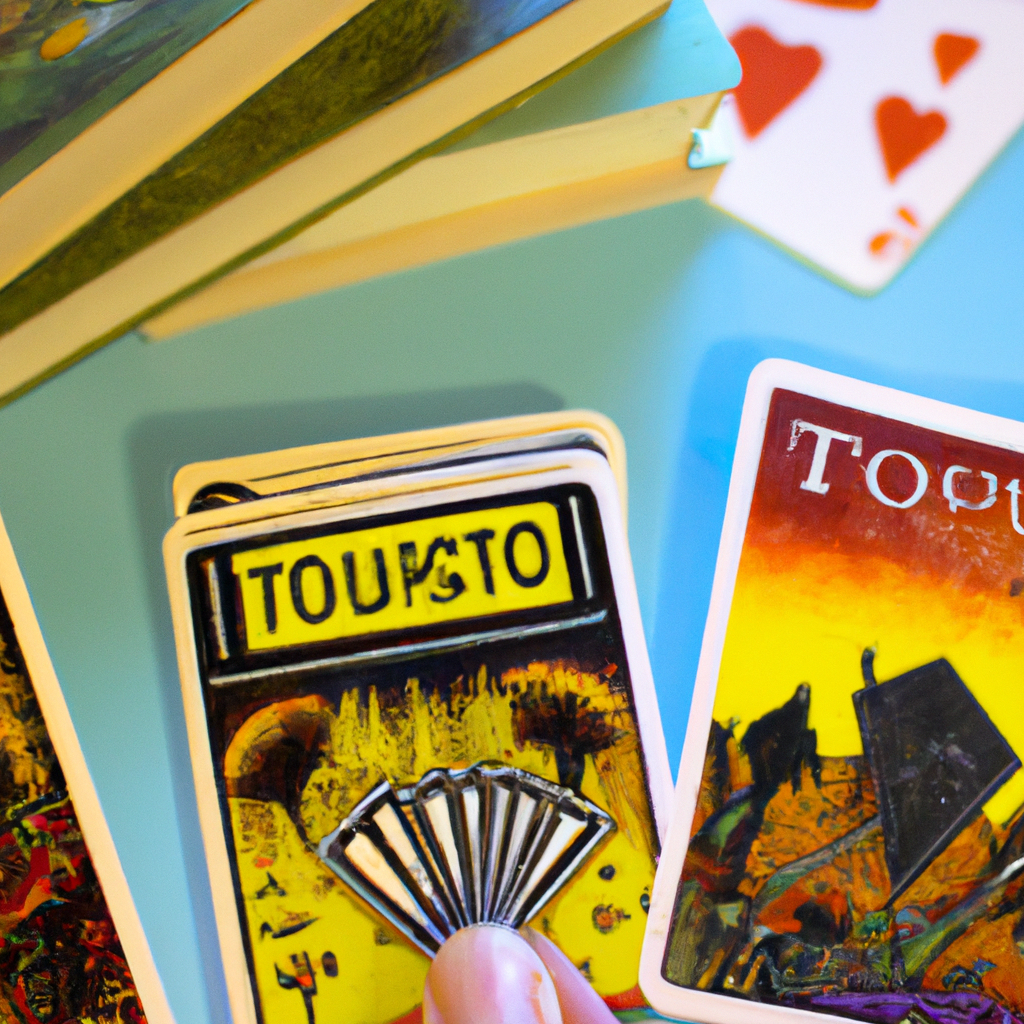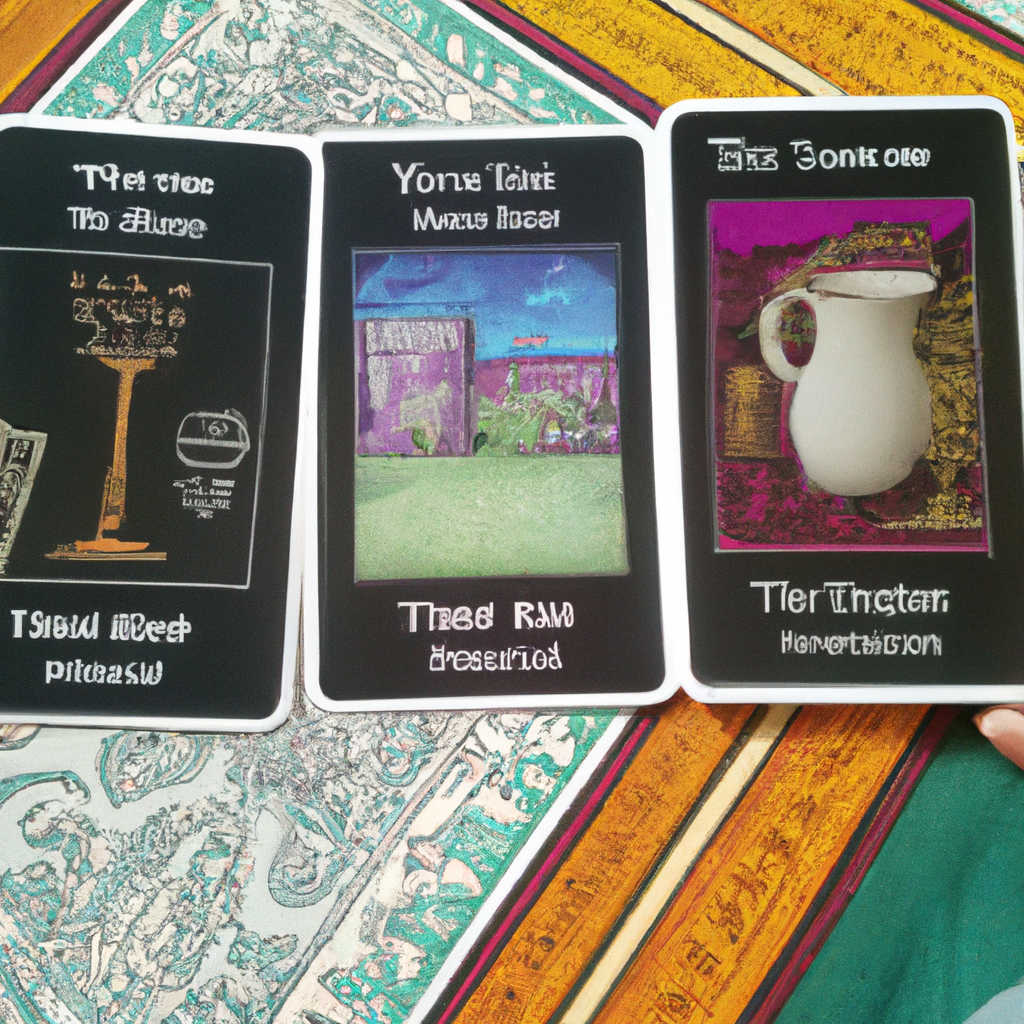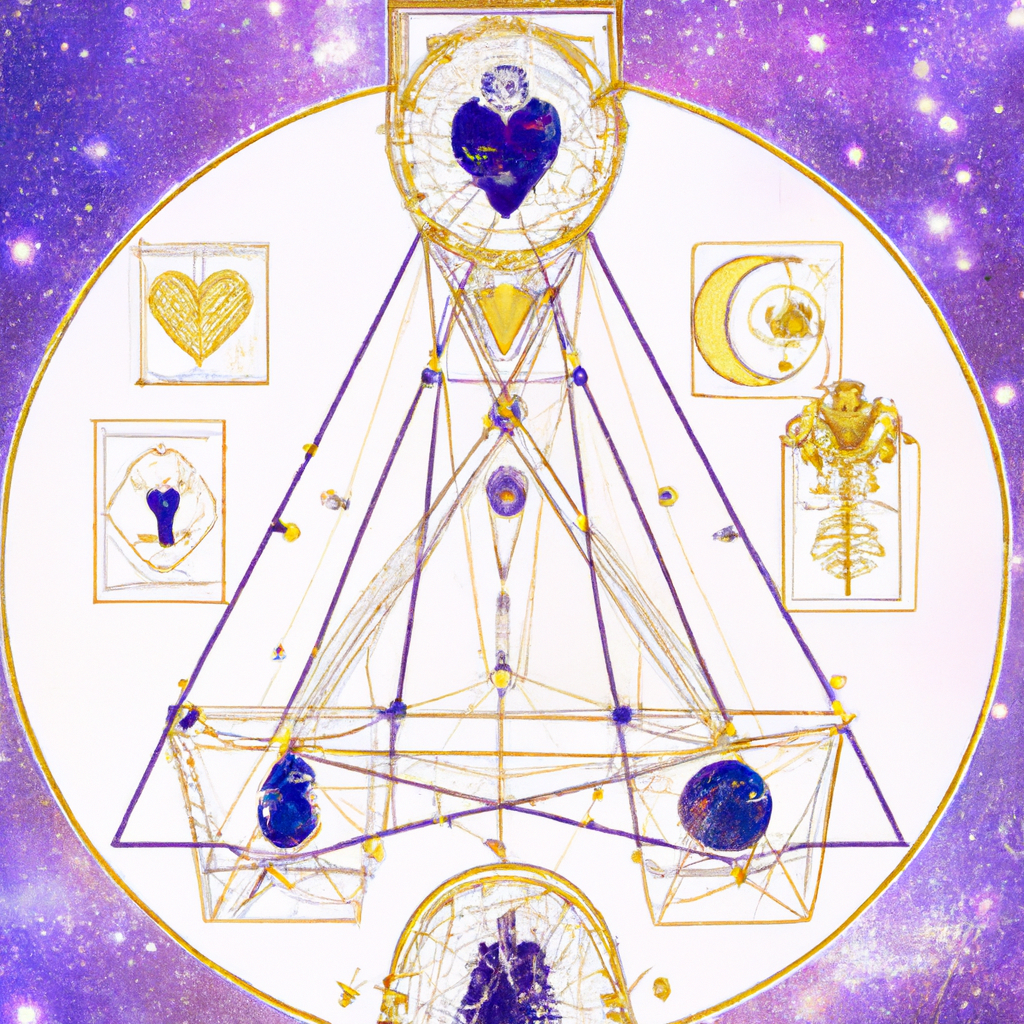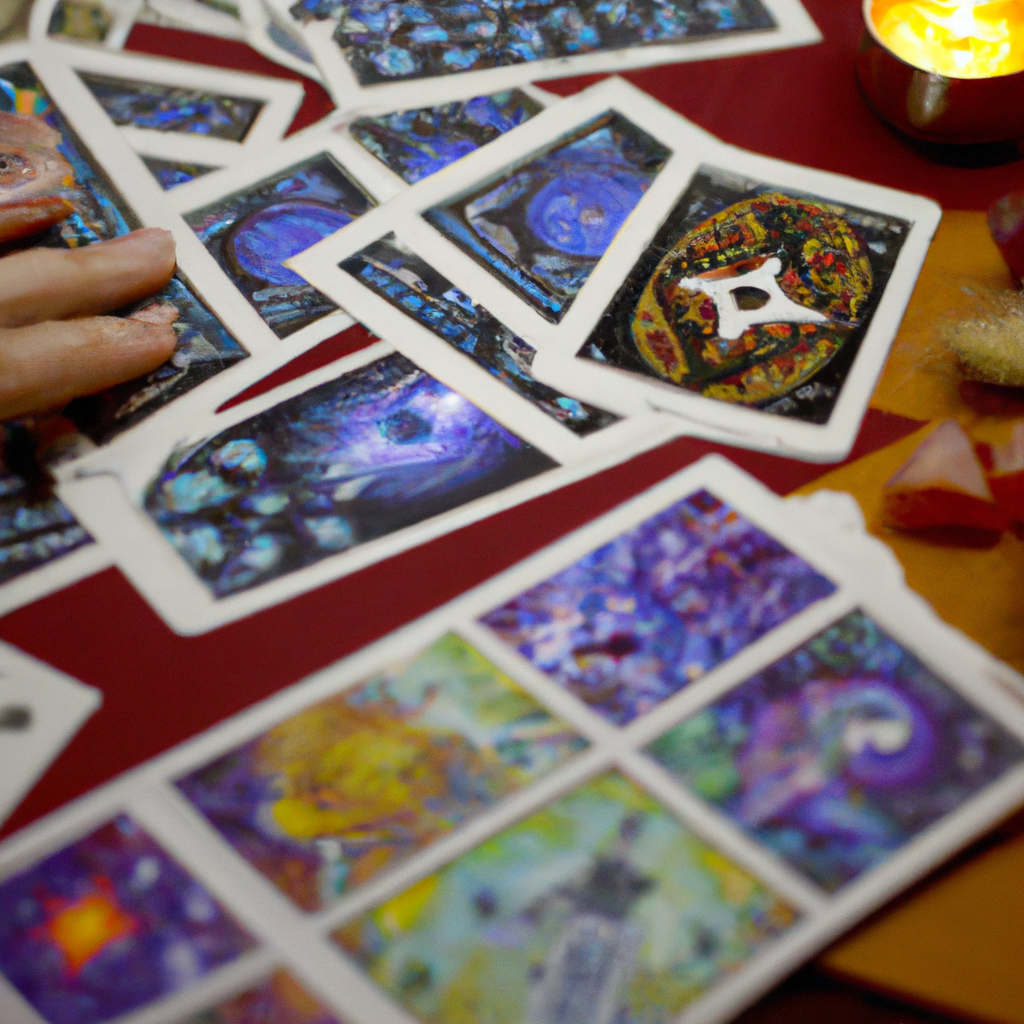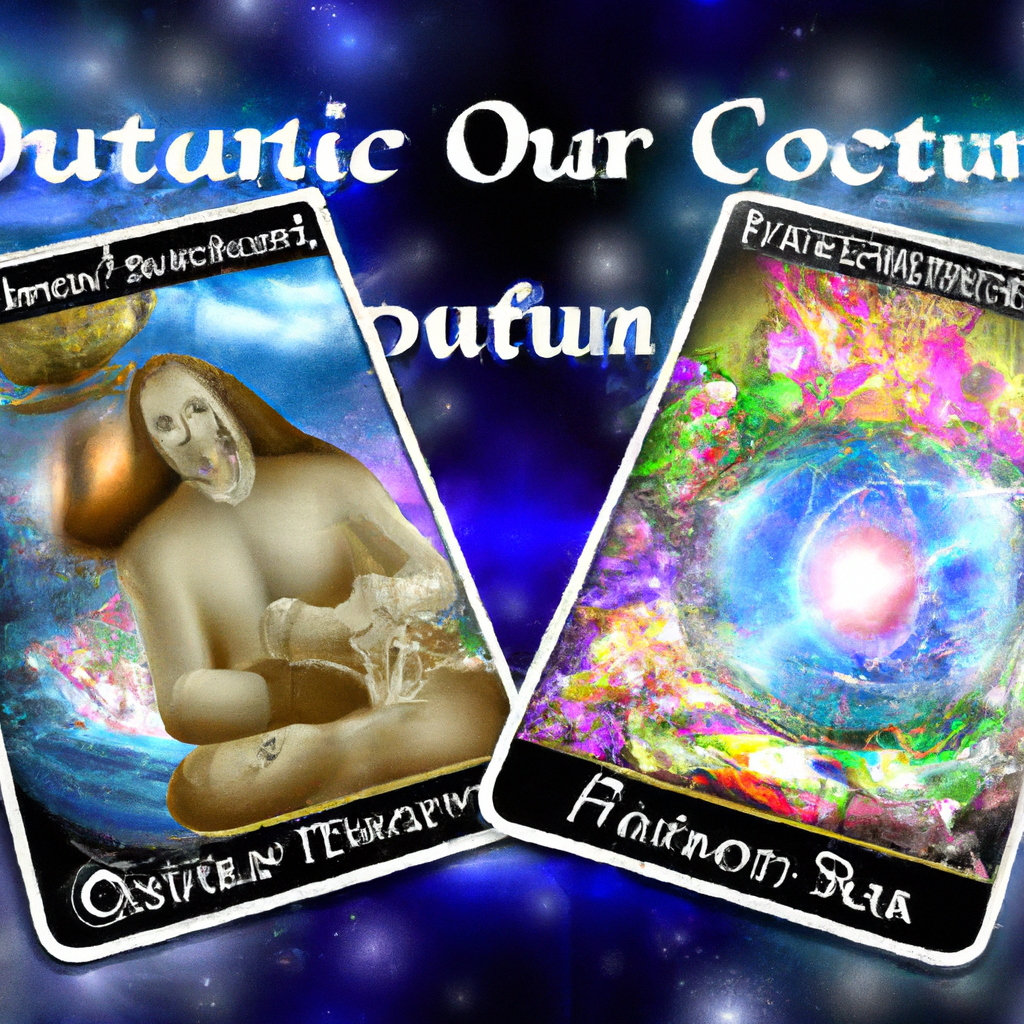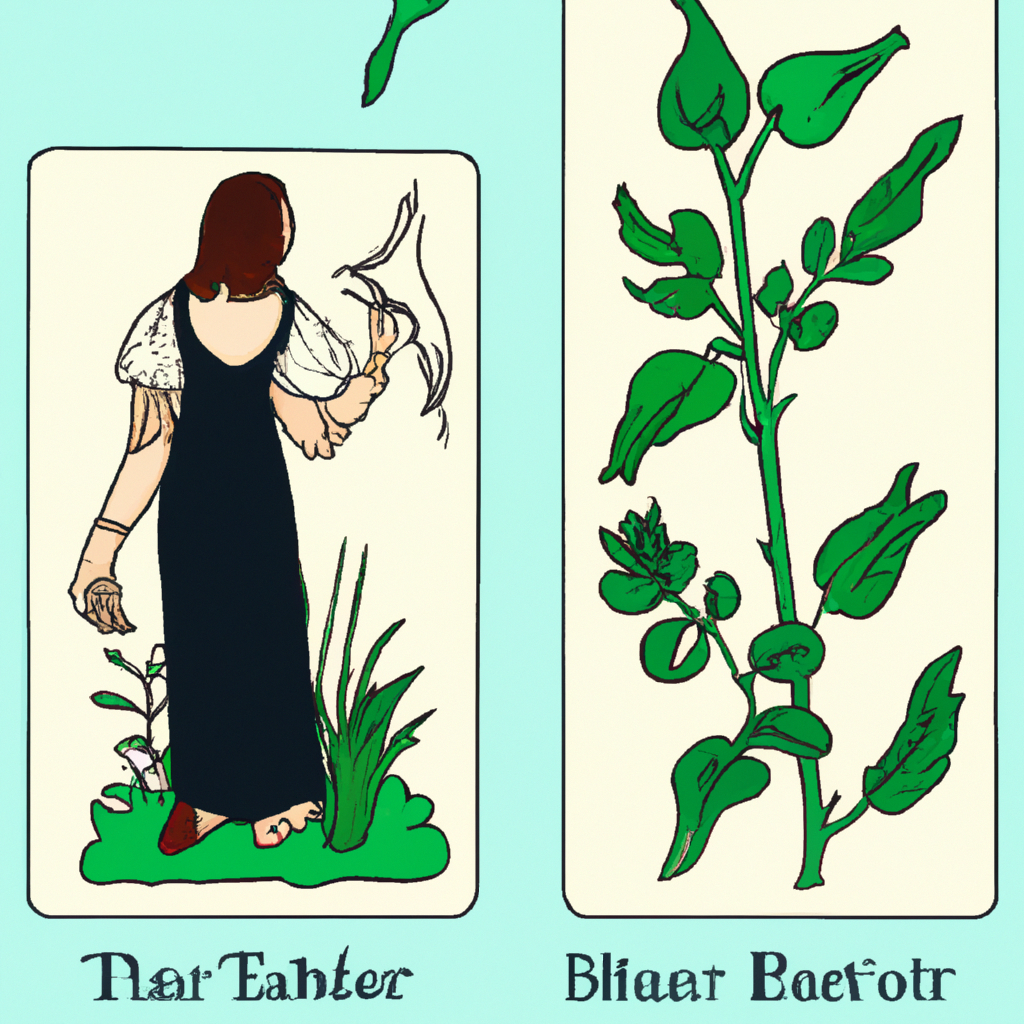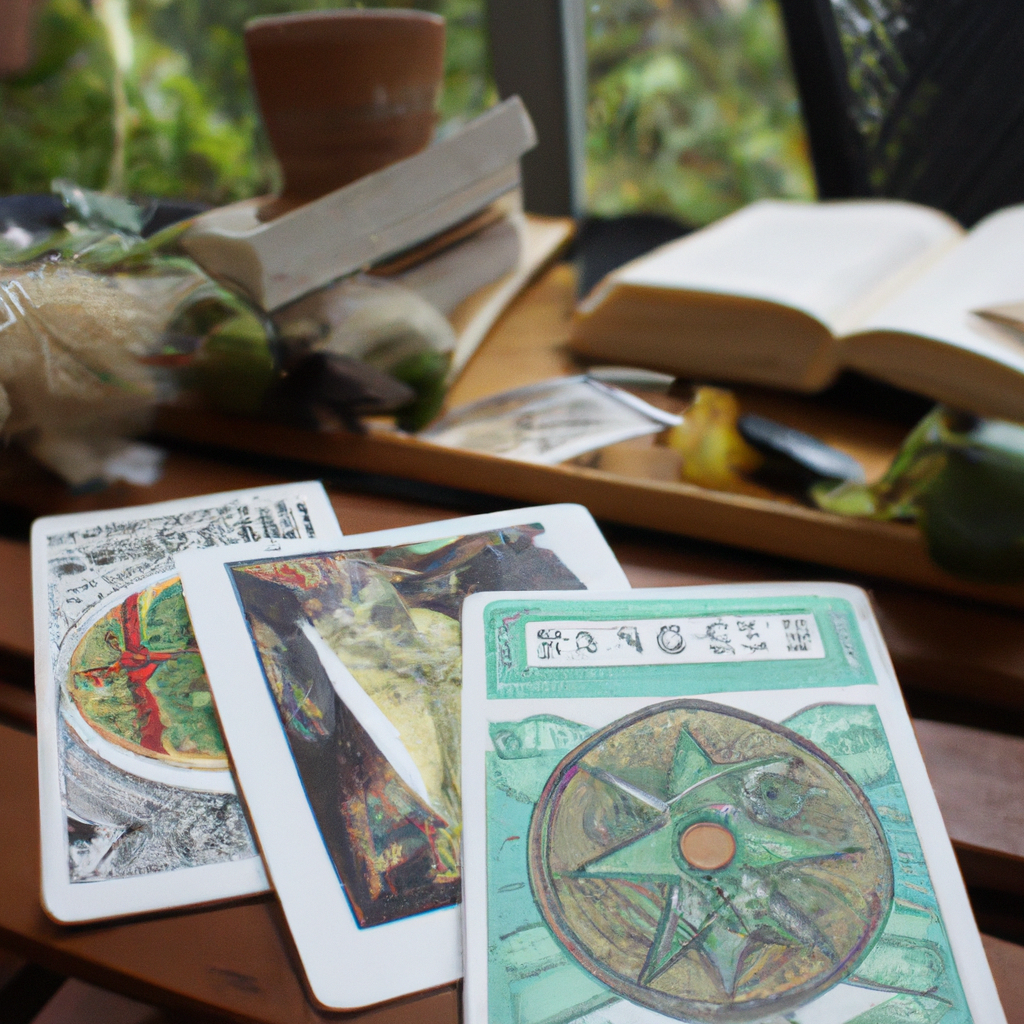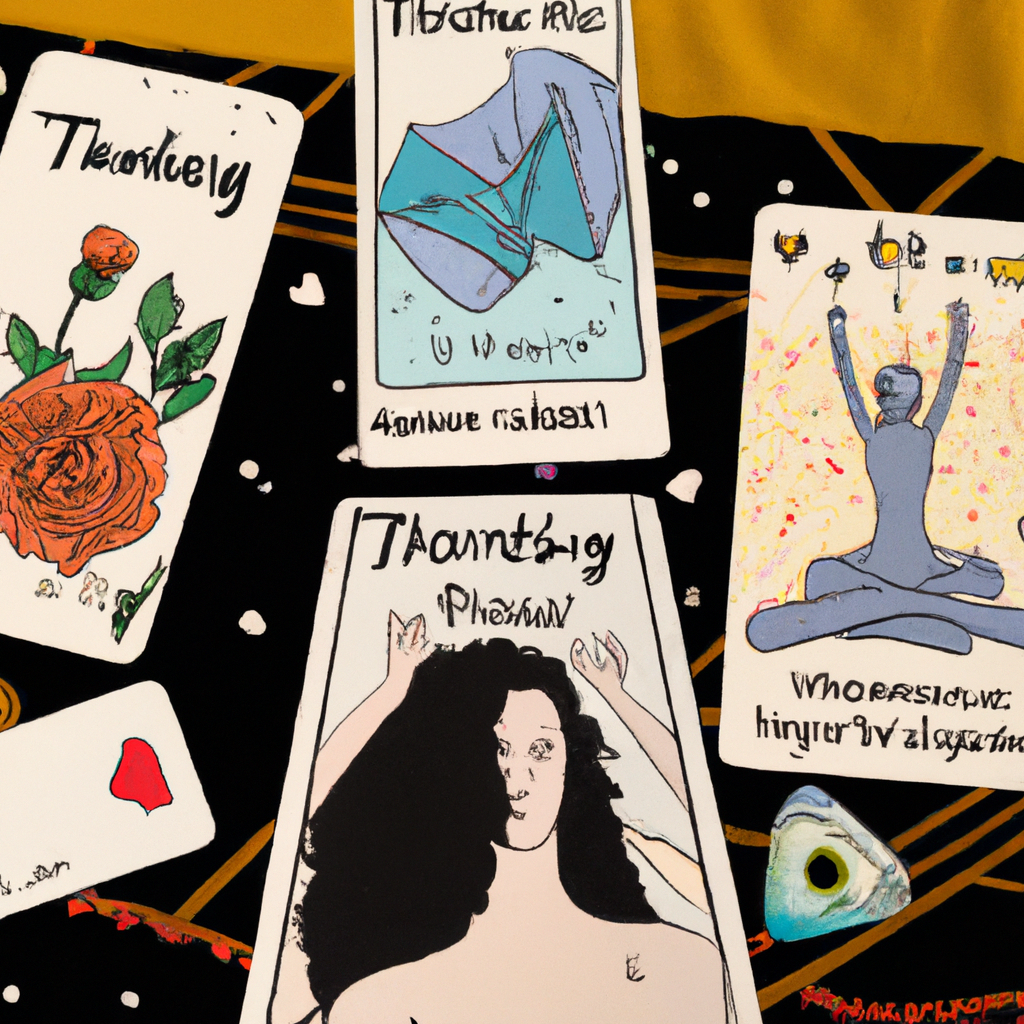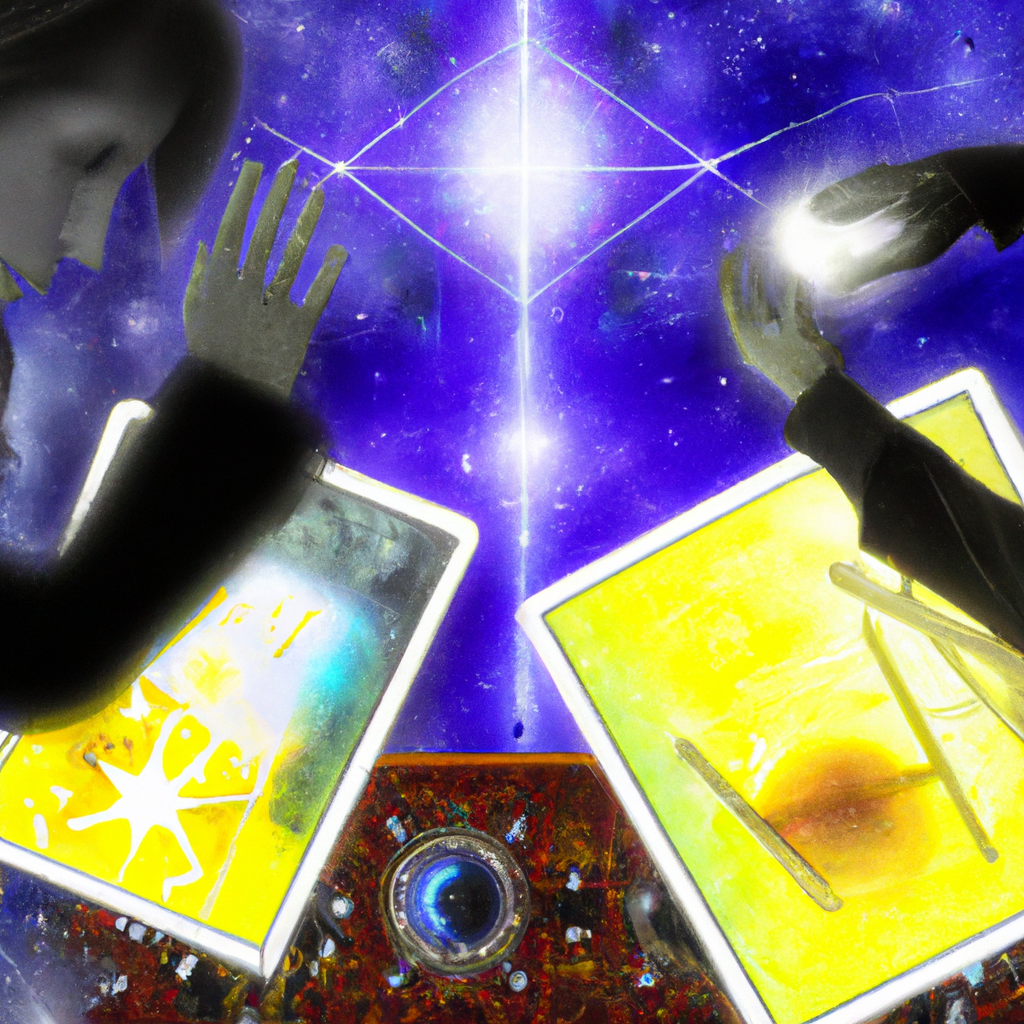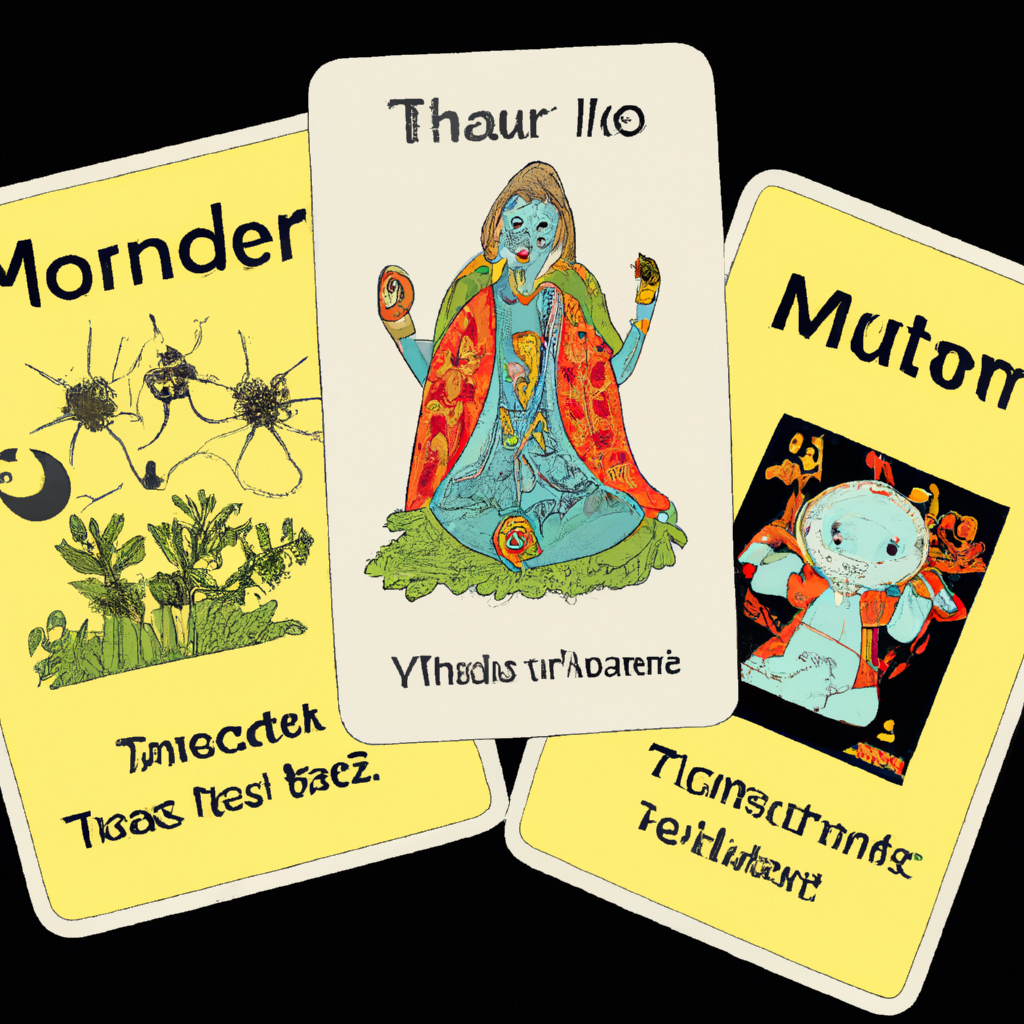Shopping Cart.
No products in the cart.
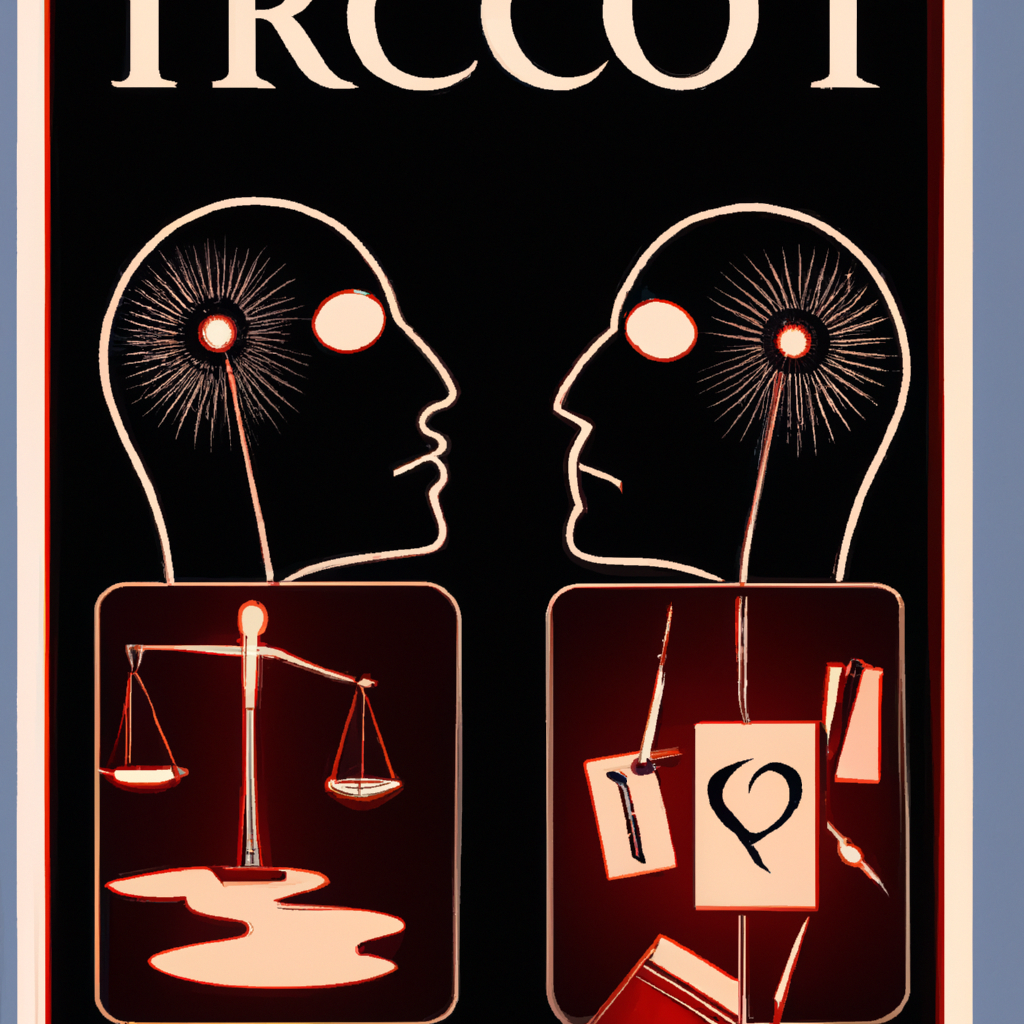
The Psychology of Tarot: Understanding the Mind’s Influence
Have you ever found yourself captivated by the mystical allure of tarot cards? Perhaps you’ve been intrigued by the vibrant illustrations, the cryptic symbols, or the promise of unveiling hidden truths. But have you ever considered the psychological aspects of tarot? The connection between tarot and the human psyche is a fascinating journey that delves into the realms of intuition, perception, and self-reflection.
Picture this: you’re sitting across from a tarot reader, the air is thick with anticipation as they shuffle the deck. They lay out the cards, and suddenly, it’s as if they’ve read your life story. The cards seem to mirror your thoughts, your feelings, your experiences. But how is this possible? The answer lies not in the supernatural, but in the psychological.
Tarot, at its core, is a tool for introspection. Each card in the deck represents different aspects of human experience, from love and loss to triumph and betrayal. When we see these cards, our minds naturally connect them to our own lives. This is a psychological phenomenon known as projection. We project our thoughts, feelings, and experiences onto the cards, giving them personal meaning. This is why the same card can evoke different reactions in different people.
For instance, consider the Death card. For some, it might evoke fear or anxiety, a reflection of their own apprehensions about mortality or endings. For others, it might symbolize transformation or rebirth, mirroring their desire for change or personal growth. The card itself is just an image, but our minds give it meaning.
Moreover, tarot taps into our intuition, that gut feeling or sixth sense that often guides us. When we’re choosing cards, we’re not just picking at random. We’re drawn to certain cards because of subconscious cues. Our intuition picks up on these cues, guiding us towards the cards that resonate with our current state of mind. This is why tarot readings often feel so accurate and personal. They’re a reflection of our inner thoughts and feelings, brought to light by the cards.
But tarot isn’t just about understanding ourselves. It’s also about understanding others. When we read tarot for someone else, we’re stepping into their shoes, seeing the world from their perspective. This requires empathy, the ability to understand and share the feelings of others. Tarot encourages us to tap into this empathy, fostering a deeper connection with those around us.
And let’s not forget the power of storytelling. Tarot is, in essence, a narrative tool. Each reading tells a story, with the cards serving as the plot points. Our minds are naturally drawn to stories. They help us make sense of the world, process complex emotions, and navigate life’s challenges. By framing our experiences as a narrative, tarot helps us gain a new perspective on our lives.
So, the next time you find yourself entranced by the mystical allure of tarot, remember: it’s not just about predicting the future. It’s about understanding the present. It’s about exploring the depths of your psyche, tapping into your intuition, and connecting with others on a deeper level. It’s about storytelling, self-reflection, and personal growth. And that, my friends, is the true magic of tarot.
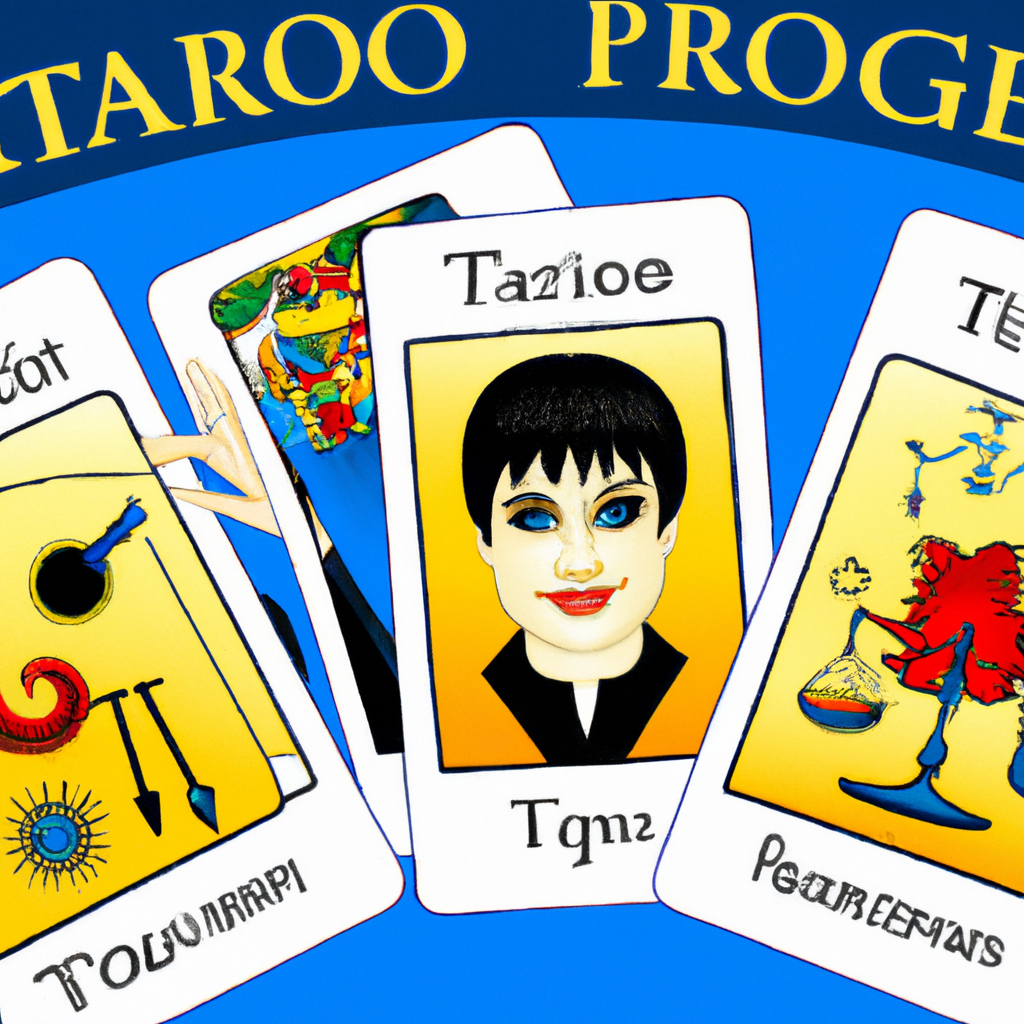
The world of tarot is a fascinating one, filled with mystery, symbolism, and a dash of the supernatural. But have you ever wondered about the psychology behind tarot reading? How does our mind influence the way we interpret the cards? Let’s delve into this intriguing topic, focusing on the role of intuition in tarot reading from a psychological perspective.
Imagine you’re sitting across from a tarot reader. The air is thick with anticipation as they shuffle the deck, their fingers deftly flipping and mixing the cards. They lay out a spread, and you lean in, eager to hear what the cards have to say. But here’s the thing: the cards don’t actually speak. It’s the reader who interprets their meaning, guided by their intuition.
Intuition, in psychological terms, is our ability to understand something instinctively, without the need for conscious reasoning. It’s that gut feeling you get when something is off, or the sudden certainty that a particular decision is the right one. In tarot reading, intuition plays a crucial role. It’s the bridge between the reader and the cards, helping to translate the symbols into a narrative that resonates with the person receiving the reading.
But where does this intuition come from? Some might argue it’s a supernatural gift, but psychology offers a more grounded explanation. Our brains are constantly processing information, much of it below the level of our conscious awareness. This information is stored in our subconscious, ready to be accessed when needed. When a tarot reader looks at a card, their subconscious mind pulls up relevant information, experiences, and emotions. This subconscious knowledge, combined with the reader’s conscious understanding of the card’s traditional meaning, forms the intuitive insight that guides the reading.
Interestingly, the person receiving the reading also plays a role in this intuitive process. Their reactions, body language, and even their choice of cards can provide cues that the reader’s subconscious mind picks up on. This interaction creates a dynamic exchange of energy and information, making each tarot reading a unique experience.
But what about those moments when a tarot reading seems eerily accurate? Is it just coincidence, or is there something more at play? Psychology suggests it might be a phenomenon known as the Barnum effect. This is our tendency to see personal relevance in vague statements, making us believe they are specifically about us. Many tarot card interpretations are broad enough to apply to a wide range of situations, allowing us to find meaning that feels personal and specific.
So, does this mean tarot is just a psychological trick? Not at all. While psychology can explain some aspects of tarot reading, it doesn’t diminish its value. Tarot can be a powerful tool for self-reflection and personal growth. It encourages us to tap into our intuition, helping us to access and understand our subconscious thoughts and feelings. It can provide clarity, inspire introspection, and even spark creative ideas.
In the end, the psychology of tarot is as complex and multifaceted as the cards themselves. It’s a dance between intuition and interpretation, subconscious knowledge and conscious understanding. Whether you’re a seasoned tarot reader or just curious about the process, understanding the mind’s influence can add a new layer of depth to your tarot experience. So, the next time you shuffle your deck, remember: it’s not just the cards that hold the answers, but also the intuitive power of your own mind.
The Psychology of Tarot: Understanding the Mind’s Influence
Have you ever wondered why a tarot reading can feel so eerily accurate? It’s as if the cards themselves have a direct line to your innermost thoughts and feelings. But what if I told you that the real magic of tarot lies not in the cards themselves, but in the mind of the reader? Welcome to the fascinating world of the psychology of tarot, where we explore the mind’s influence on tarot interpretations.
Picture this: you’re sitting across from a tarot reader, the air is thick with anticipation as they shuffle the deck. They lay out the cards, and as they begin to interpret them, you find yourself nodding along, amazed at how accurately they seem to be describing your life. But here’s the twist: the cards aren’t magic. They’re simply a tool, a mirror reflecting back at you the thoughts and feelings you’ve been carrying around, often unconsciously.
The real magic, the real power, lies in the mind of the reader. It’s their ability to tap into their intuition, their empathy, and their understanding of human nature that allows them to interpret the cards in a way that resonates with you. This is where the psychology of tarot comes into play.
Psychologists have long been fascinated by the human mind’s ability to find patterns and make connections, a phenomenon known as apophenia. This is the same mental process that allows us to see shapes in clouds or hear messages in random noise. It’s also what allows a tarot reader to look at a spread of cards and see a story, a narrative that makes sense to them and to you.
But it’s not just about pattern recognition. The psychology of tarot also involves a deep understanding of archetypes, those universal symbols and themes that resonate with all of us on a subconscious level. The tarot deck is filled with these archetypes, from the nurturing Empress to the transformative Death card. When a tarot reader interprets these cards, they’re tapping into these universal themes and using them to shed light on your own personal experiences.
And then there’s the power of suggestion. When a tarot reader tells you that the Lovers card signifies a romantic relationship, your mind naturally starts to make connections to your own love life. You start to see patterns and meanings that you might not have noticed before. This is the mind’s way of making sense of the world, and it’s a powerful tool in the hands of a skilled tarot reader.
So, the next time you sit down for a tarot reading, remember: it’s not the cards that hold the power, but the mind of the reader. It’s their ability to tap into their intuition, their understanding of human nature, and their skill at interpreting the universal symbols and themes in the cards that make a tarot reading such a fascinating and enlightening experience. The psychology of tarot is a testament to the power of the human mind, and it’s a journey worth embarking on.
The Psychology of Tarot: Understanding the Mind’s Influence explores the intersection of psychology and tarot reading, suggesting that the mind plays a significant role in interpreting and deriving meaning from the cards. The conclusion is that tarot reading is not about predicting the future, but rather a tool for introspection, self-reflection, and understanding one’s subconscious thoughts and feelings. It is a psychological exercise that helps individuals gain insights into their personal lives and make sense of their experiences and emotions.
